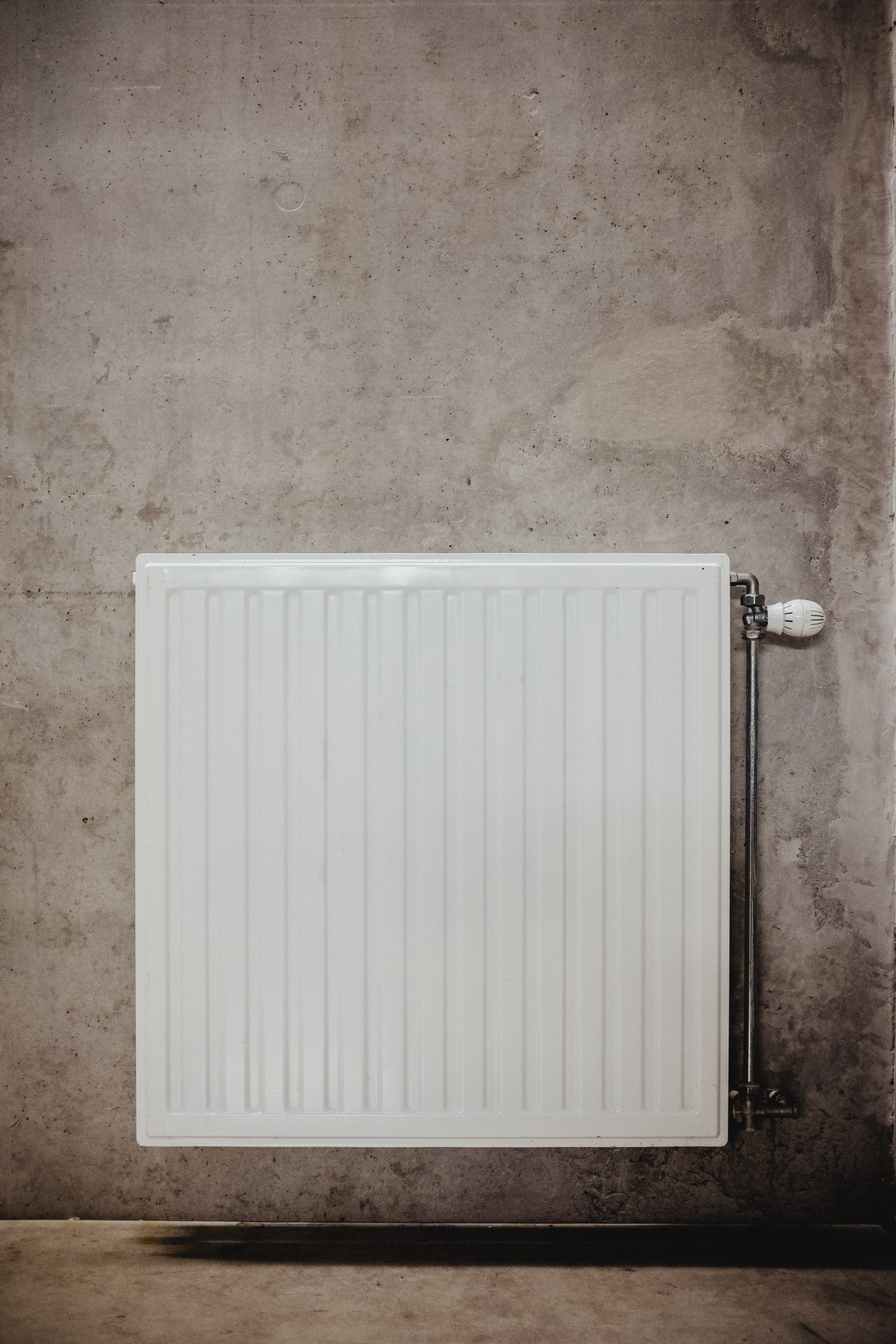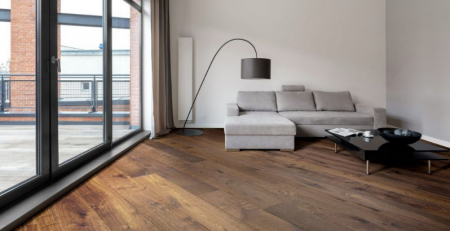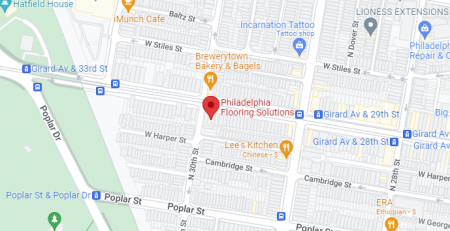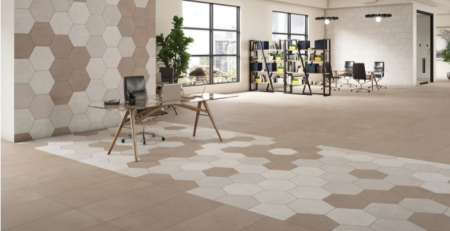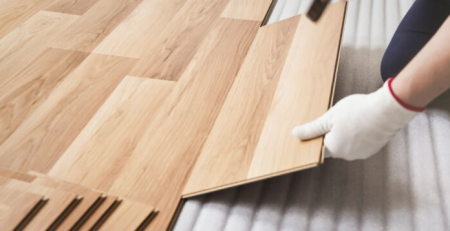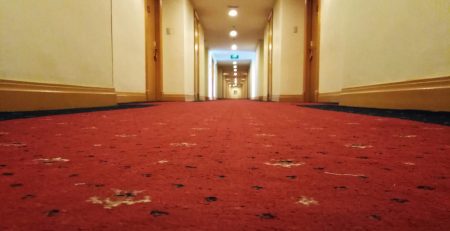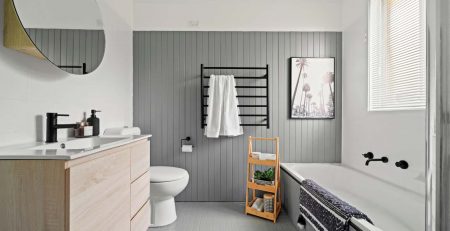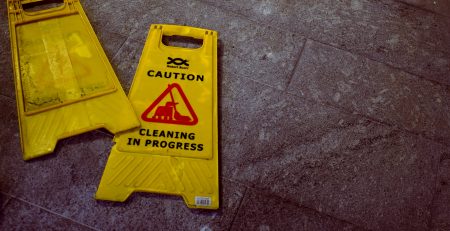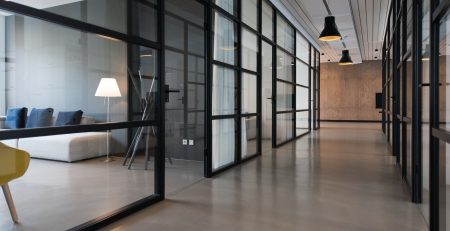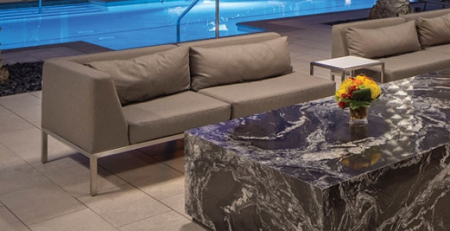Preventing heat damage in flooring installation
We will tell you about the damages that high temperatures can cause to your floors and Preventing heat damage in flooring installation. Extreme summer temperatures put our homes to the test.
When these dates arrive we suffer in our flesh what it means to have a poorly insulated home or with ventilation and cooling problems, this kind of issues also affect the materials of our home, as the flooring installation for example. Whether your home is an oven or your electric bill is skyrocketing with air conditioning, we will tell you about the damages that high temperatures can cause to your floors.
How to deal with the summer heat at home
Almost everyone takes precautions to protect themselves during the summer, and that’s fine. But sometimes the effect that heat can have on home installations is overlooked. That oversight has negative consequences and usually costs a lot of money that can be saved by taking these home heat tips into account.
Although temperatures may continue to rise over the years, the effects of heat in the home can be prevented.
You must know that all flooring materials expand and contract with changes in temperature. It is only when degrees significantly different from those of the concrete substrate below that spalling, delamination, cracking, bubbling and other deterioration occur.
What happens when it gets too hot?
When there is an excess of heat, the installations suffer the so-called ‘dilatation effect’ that deteriorates the materials and hinders their proper functioning.
Likewise, certain elements exposed to the sun can also increase the heat inside the house, which leads to an energy overexertion of refrigerators and air conditioners.
Here are some tips to Preventing heat damage in flooring installations
- Protect the electrical system
During summer season it is common for air conditioning systems to work at maximum capacity. The same happens with refrigerators and coolers in the home, to counteract the effects of the heat.
Although these actions bring us benefits, they can also cause risks to the electrical system which, when overheated, could cause a short circuit. The recommendation of the tips for the heat at home is to make sure that the electrical wiring is in good condition when the summer arrives. - Ventilate in the mornings and evenings
Ventilate your home and other spaces in the mornings and evenings, when temperatures drop. We recommend ventilating during the day if your house has cross ventilation, which basically consists of natural ventilation of the house by generating natural currents by opening opposite windows at the same time.
However, pay attention to the predominant direction of the winds and on which facades the sun shines to prevent the incoming air from being warmer than the outgoing air. - Avoid storing flammable products
Generally, flammable products are stored in homes because they are necessary to have them. For example, gasoline, light solvents, insecticides and thinners, among others, can cause a fire during a very hot season.
These flammable products evaporate quickly and easily due to the action of heat, especially when they are stored. Because they are so volatile in the heat and are enclosed, gases accumulate and these gases could start a fire in a few minutes. - Insulate the floor
Floors are a source of energy loss in buildings that can easily reach values of 15%, especially those in contact with the ground, with the outside or with unheated premises, such as garages or warehouses. There are materials that, in rehabilitation, help to improve the insulation of floors such as dry floors that incorporate thermal insulation in their plates, considerably reducing energy losses.
Let’s take wood floors are very elegant, and they also stand the test of time if they are well cared for. That care includes the attention that should be given to these floors when summer season arrives. The high temperatures that are already disproportionately high these days can cause irreparable damage to the wood.
The heat causes the wood to shrink and can end up cracking, both in the floor and in the columns. Even high temperatures can cause the floor joint to lift and start to deteriorate.
All of these home heating tips are preventive maintenance recommendations that can be done very easily. In most cases it is not necessary a great investment of money, but perhaps of time and energy.
However, the effort is well worth it because you will obtain great benefits that contribute to maintain a good appearance of the home. Remember that we have a wide variety of floors adapted to your needs, just come and consult us for your next flooring installation.

